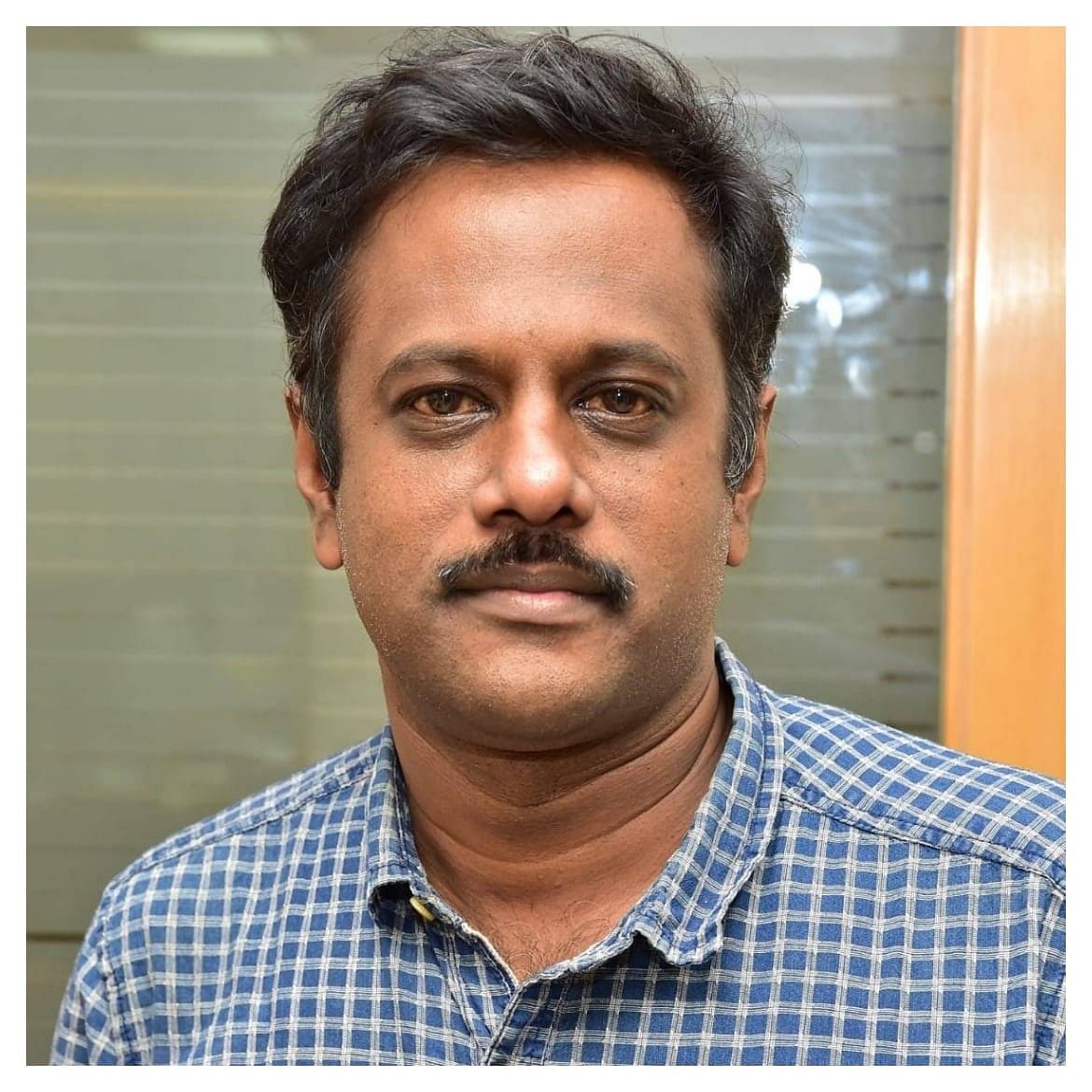Justice Chelameswar: the rebel, the dissenter-in-chief
"We don't want 20 years later some very wise men in this country say that Justice Chelameswar, Ranjan Gogoi, Madan Lokur and Kurien Joseph sold their souls."
This was how Justice Chelameswar justified himself and three other brother judges calling an unprecedented press conference to articulate that less than desirable things are happening in the Supreme Court, the country's highest seat of judiciary.
With 2,284 days as Supreme Court judge so far and another 161 more to go before he retires, no one will say that Justice Jasti Chelameswar did not raise his voice whenever he felt it was necessary.
He is described by some in the Bar and outside as the "rebel" or the "chief dissenting" judge, who will turn 65 on June 23.
One who minces no words when it comes to taking a position even against his fellow judges, Justice Chelameswar's was the lone dissenting voice on judges appointment case and gave his approval for the setting up of National Judicial Appointments Commission (NJAC). He was very clear that the existing collegium system must go and fought for its transparency as he felt it has become "a euphemism for nepotism".
He also wrote to the then Chief Justice of India, informing him of his decision not to attend future meetings of the collegium. He always put his views on record when issues of appointment came to him.
Justice Chelameswar was also instrumental in the decision to put the collegium decisions on the Supreme Court website.
In the bribery case involving medical colleges, Justice Chelameswar referred the petition that Chief Justice Dipak Mishra should not hear the case to a five-judge Constitution bench. However, it was annulled by the chief justice a day later, saying he is the master of the roster and he alone has the prerogative to constitute benches.
He along with Justice Rohington Nariman had also delivered the landmark judgement nullifying Section 66(A) of Information Technology Act, that was considered a block for free speech. Justice Chelameswar also referred the issue of Right to Privacy to a Constitution Bench.
An ardent admirer of Telugu literature, Chelameswar graduated in Physics from Madras Loyola College while he got his LLB from Andhra University in 1976. He was designated as Senior Counsel in 1995 and appointed Additional Advocate General in October same year.
He was appointed as additional judge of Andhra Pradesh High Court on 23 June, 1997 and as a permanent judge in May 1999. In May 2007, he was elevated as Chief Justice of Gauhati High Court and later transferred to the Kerala High Court in March 2010. A year later, he became a judge in Supreme Court.
